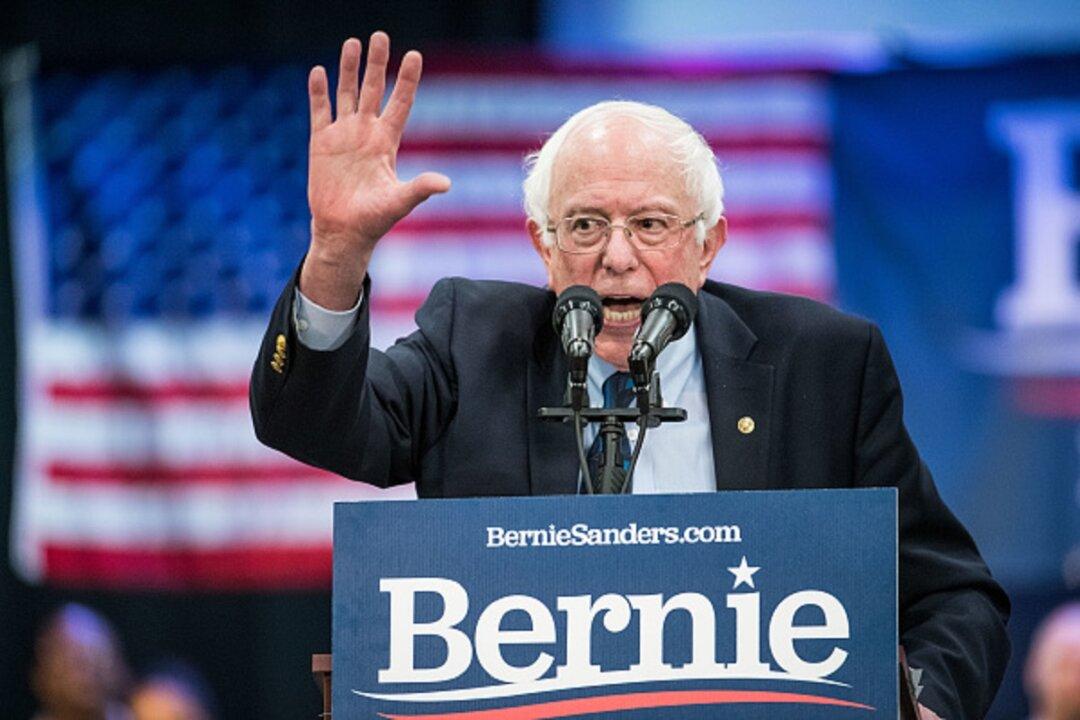Five Democrats running for the presidency said they would rejoin the Iran nuclear deal if elected, a Middle-eastern online newspaper found. Meanwhile, the Trump administration announced sanctions against 31 Iranian individuals and entities and two State Department officials said Iran is taking steps to restart its nuclear weapons program.
Sens. Bernie Sanders (I-Vt.), Elizabeth Warren (D-Mass.), and Kamala Harris (D-Calif.) declared they’d rejoin the Iran deal if Iran abides by it and so did two less-known candidates: Mayor of Miramar, Florida, Wayne Messam and writer and charity activist Marianne Williamson, reported Al-Monitor on March 19.





